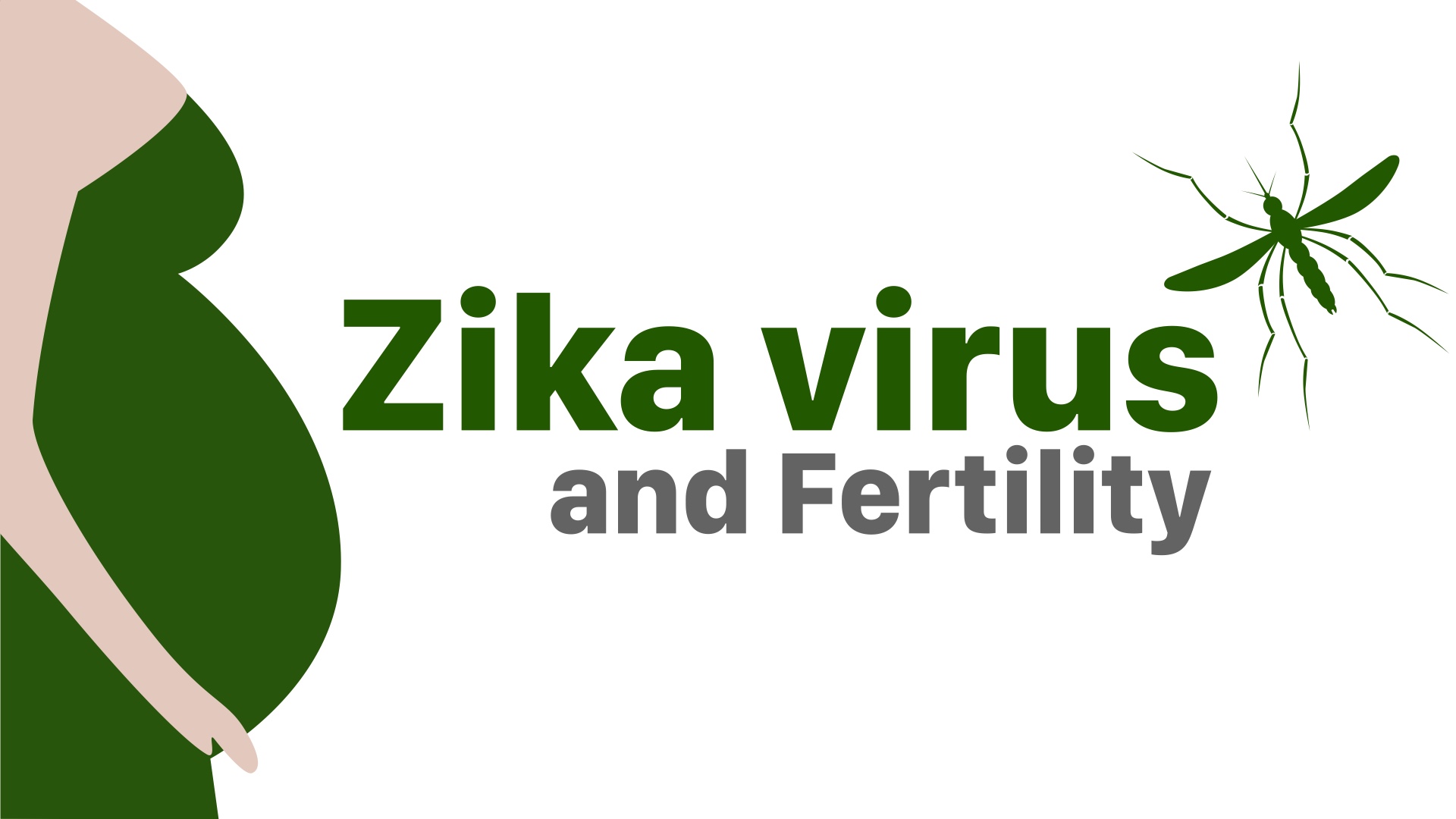Zika virus and fertility treatments
What is Zika?
Zika is an infection caused by Zika virus and transmitted mainly through the bite of an infected mosquito. In 2015, the Caribbean, Central and South America and Asia have seen outbreaks of Zika virus infection. Although symptoms in affected patients are relatively mild such as fever, rash and joint pain, it can result in problems during pregnancy including miscarriage and birth defects.
What does this mean for me?
IVF clinics have followed Public Health England (PHE), Royal College of Obstetricians and GYnaecologists and Royal College of Midwives, and Health Protection Scotland guidance in recent years. If you are due to start IVF treatment in the coming months, you will have your travel history reviewed and advised to avoid travelling to countries where Zika outbreaks are ongoing.
How will travelling to affected countries affect IVF?
Fertility clinics have made the following recommendations to those wishing to embark on fertility treatment:
- Female traveller returning from affected areas - symptomatic or asymptomatic - should not try to conceive naturally, donate eggs or proceed with fertility treatment for 8 weeks
- Male traveller - symptomatic or asymptomatic - should try not to conceive naturally, donate sperm or proceed with fertility treatment for 6 months
Because of this, couples planning on a pregnancy should avoid conception whilst travelling within, and up to 6 months on return from, countries considered high or moderate risk.
To check the risk of countries where you are planning to visit, please check the most recent list updated by PHE in June 2018 here:
https://www.gov.uk/guidance/zika-virus-country-specific-risk

